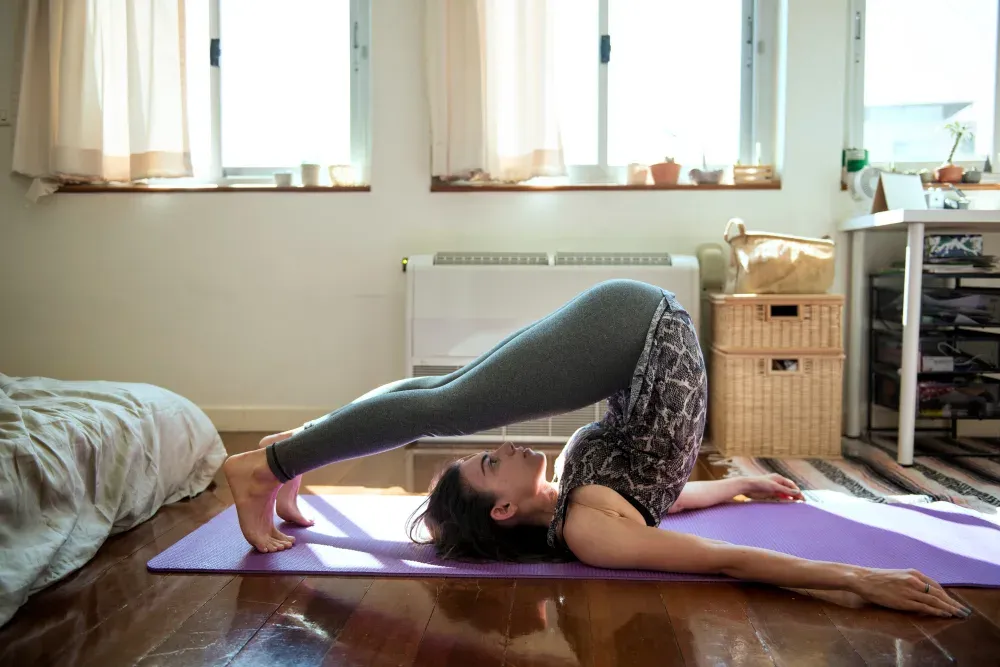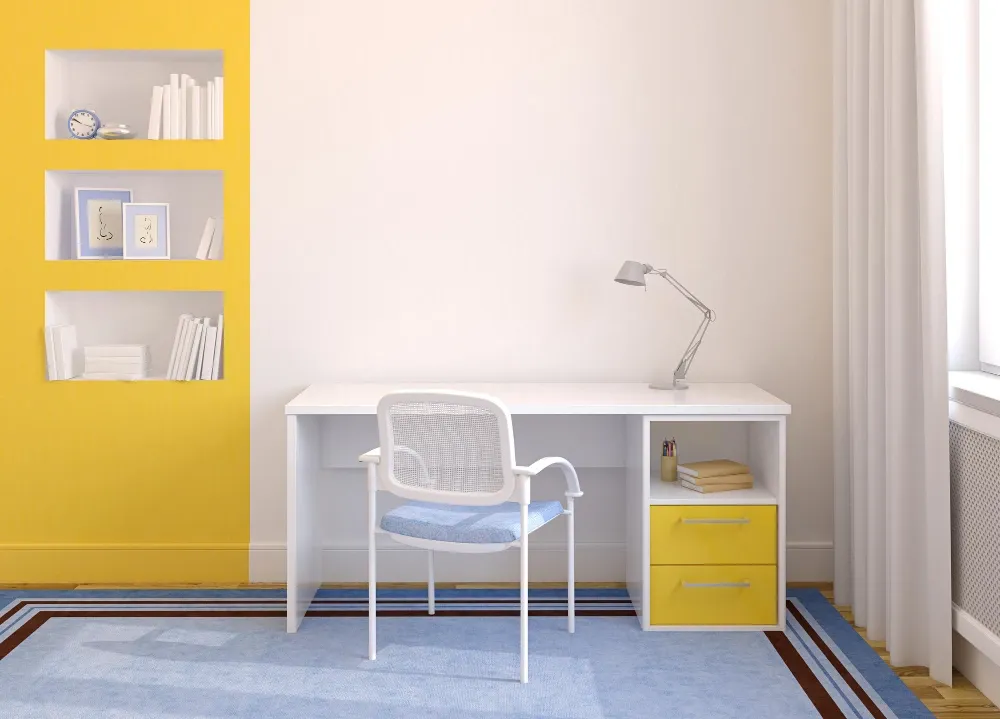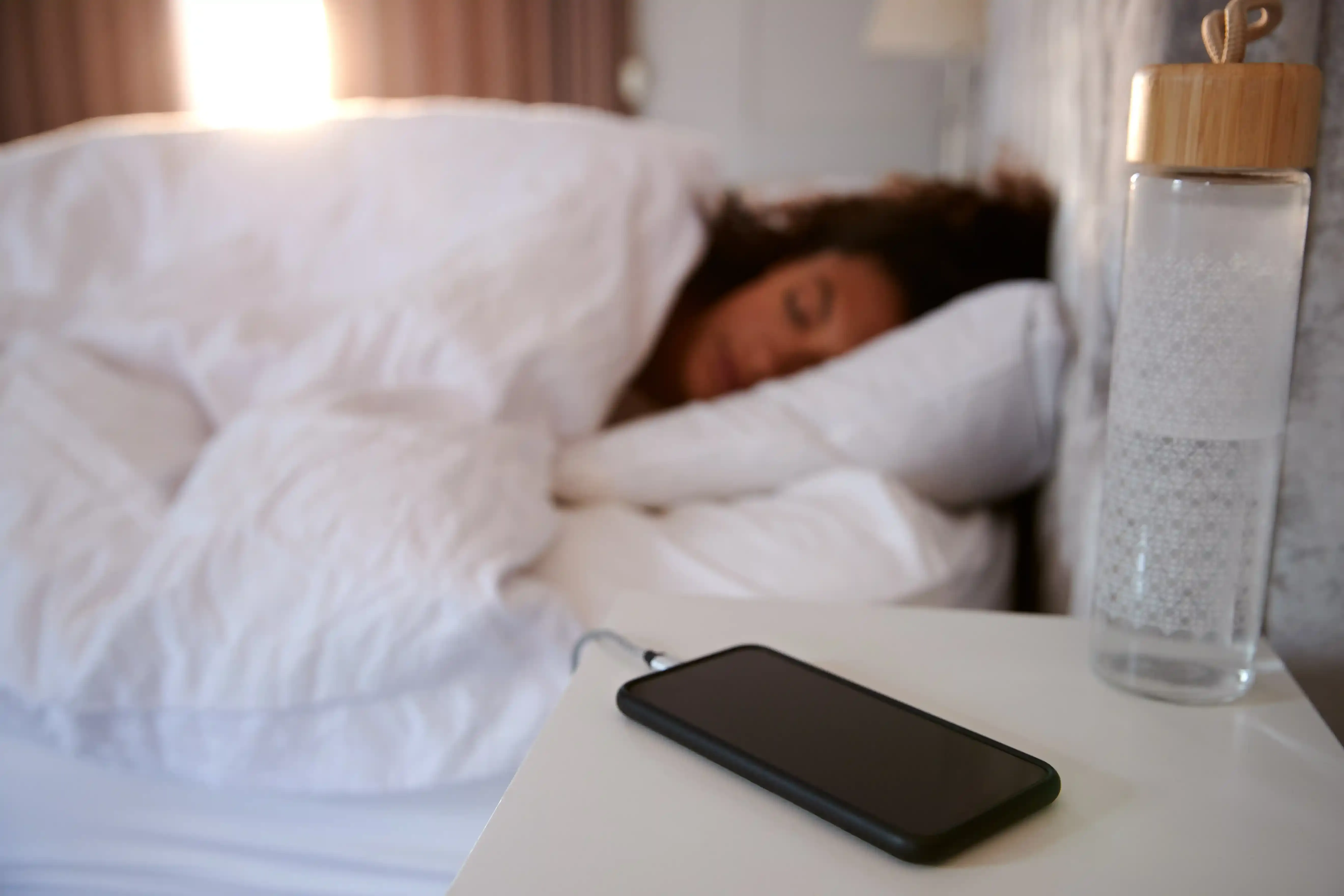Top 5 Habits to Reduce Screen Time in 2025
Do you ever look up from your phone and wonder where the last hour or maybe even the last three hours went? You might tell yourself, “I was just relaxing,” but deep down, you feel drained, unfocused, and maybe even a little… hollow.
The thing is, you’re not alone. In 2025, technology will be woven into every corner of our lives. Our screens are where we work, connect, and escape. But they’re also where we lose ourselves.
This isn’t about blaming you or making you feel guilty. Let’s face it: screens are addictive by design. But what if there was another way? What if you could reclaim those hours without feeling like you’re missing out?
The answer lies in building simple, powerful habits. We should not eliminate screens completely but create a life where you control technology instead of it controlling you. Let’s dive into five habits that can help you find balance, backed by experts who get it like
Dr. Andrew Huberman,
Simon Sinek, and
Cal Newport.
1. Set Clear Boundaries with Technology
Let me guess: your phone is the first thing you check in the morning and the last thing you see at night. And during the day? Every ping, vibration, or notification pulls you in like a moth to a flame.
Phones are designed to keep us hooked, and the idea of setting boundaries can feel impossible. The constant thought that you’ll miss something important just won’t let you do it. But let’s take a step back and think about how less screen time could actually benefit your well-being.
How often are those notifications truly urgent? Most of the time, they’re just noise-stealing your peace. But what if you could reclaim control and finish a meal without glancing at your phone or start your day without diving straight into emails just like the old days.
Cal Newport, an MIT-trained computer science professor at Georgetown University and bestselling author of Digital Minimalism, offers a different way forward. With years of research into the intersections of technology, work, and the search for meaning in a hyper-distracted world, Cal is a leading voice in helping people reclaim their focus.
He emphasizes the importance of starting small. Turn off non-essential notifications like group chats, app alerts, or anything that doesn’t need your immediate attention. “Technology is not inherently bad,” Newport explains. “The key is to manage it with intention, not let it manage you.”
2. Create a Morning Routine Without Screens
Mornings are our reset button yet most of us hand them over to our phones. Dr. Andrew Huberman, PhD, a renowned neuroscientist and tenured professor at Stanford University’s School of Medicine, has spent years researching the brain’s intricate relationship with behavior and health.
His groundbreaking work on neural plasticity and brain function emphasizes how small, intentional changes can rewire our habits and significantly improve our mental and physical well-being. He explains, “Just 10-15 minutes of sunlight can boost your brain and prepare your body for the day ahead.”
The most challenging part that we as a society are facing today is breaking the habit of reaching for our phones as soon as we wake up. You might think, “I need to check my emails” or “It’s how I wake up.” That’s valid, mornings are busy, and screens feel like a convenient way to get started.
But starting your day with a screen isn’t just a harmless routine. As a matter of fact, it hijacks your focus before you even get out of bed and leaves you more drained than prepared.
So, what’s the alternative? Again, start small. Instead of scrolling in bed, step outside while you drink your coffee. If that feels like too much, even standing near a window for a few minutes can help. You don’t need to carve out extra time, you just need to shift your habit. Once you feel the calm energy that natural light brings you’ll wonder why you ever chose your phone over your mornings.
3. Practice Digital Minimalism
You’ve set boundaries and reclaimed your mornings, but what about the apps themselves? They are quietly consuming your time and energy! Cal Newport’s “digital declutter” challenge offers a fresh perspective: remove every app that isn’t essential for 30 days, then reintroduce only the ones you truly miss.
This might feel daunting. “I need all these apps and they’re part of my routine” is probably what’s going through your mind right now. But take a moment to reflect. Are they really helping you, or just keeping you busy? Most apps are designed to hold your attention and not add value to your life.
Instead of tackling everything at once, focus on one area like social media. Delete or block apps like
Instagram, TikTok,
Snapchat,
X, etc with the help of
screen time apps like Jolt and see how you feel after a week. What you’ll likely find is more space both mentally and emotionally to be present and focused.
By decluttering your digital life you’re not giving up convenience. You’re regaining the freedom to spend your time intentionally. This small habit strengthens the boundaries you’ve set and complements the mindful mornings you’re building. It’s a step toward designing a digital life that works for you, not against you.
4. Embrace Tech-Free Zones
As you begin redefining your relationship with screens, it’s also worth considering the spaces around you. Our environments shape our habits more than we realize. If screens are allowed everywhere at the dinner table, in the bedroom, and even during conversations they'll quietly dominate.
Simon Sinek, a visionary thinker and bestselling author, believes that meaningful human connections thrive when screens are absent. He reminds us, “Presence is a gift, and it’s one we can only give when we set aside distractions.” Just think about how much more fulfilling your meals, conversations, or downtime could be if you weren’t tethered to a device the size of your palm!
A simple shift can make all the difference. Declare your dining table or bedroom as a tech-free zone. These spaces then transform into places for connection, reflection, and rest. Don’t worry about missing notifications! They’ll still be there when you’re ready to see them. What you’ll gain instead is the mental clarity and emotional recharge that come from living fully in the moment.
By establishing these screen-free places you’re building on the foundation set by the earlier habits like setting boundaries, reclaiming your mornings, and simplifying your digital life. Each habit feeds into the next. This creates a ripple effect that helps you
reduce screen dependency and foster deeper connections and more intentional living.
5. Limit Blue Light Before Bed
Dr. Andrew Huberman highlights the detrimental
effects of blue light at night. This artificial glow tricks your brain into thinking it’s still daytime and suppresses melatonin, the hormone responsible for sleep. When melatonin production is delayed, your natural sleep cycle is disrupted and it leaves you groggy and unfocused the next day.
So, what can you do to reclaim your evenings? Instead of passively scrolling, take an active role in unwinding. Create a calming nighttime routine that supports better sleep. Try reading a book, journaling, or listening to a soothing podcast. If the idea of disconnecting feels overwhelming then using our Jolt app can help you make an easier transition.
Rather than just reminding you to log off, Jolt helps you experience the mental clarity and physical rest that come from leaving screens behind. You can set session limits and have a clarity that at this particular time, you are not supposed to be using your phone.
When you pair this habit with the others like morning sunlight, tech-free zones, and intentional app use. You’re not just limiting screen time. You’re aligning your entire day with the rhythms that allow you to thrive. And that ripple effect we talked about? It carries over into how you work, connect, and live.
Reclaim Your Time, One Habit at a Time
Here’s the thing: you don’t need to overhaul your life overnight. You don’t need to throw away your phone or delete every app. But you do need to take small, intentional steps toward balance.
Start with one habit. Maybe it’s stepping outside in the morning or setting a screen-blocking session at night. Maybe it’s rediscovering a hobby or creating a tech-free zone in your home. Each choice you make sends a message to your subconscious: “My time matters. My well-being matters.”
And when it feels challenging, know you’re not alone. Tools like Jolt can support you on this journey by allowing you to create intentional limits on your phone usage.
So, take a deep breath, take a step, and take back control. Are you ready?
Read Also :




